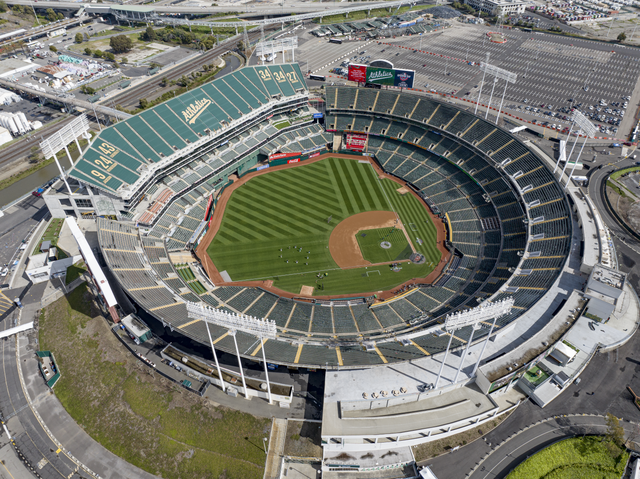My mom used to chase me around our house just to get me to have one more sip of water. Even though I was only in kindergarten and knew nothing about how my kidney would gradually malfunction without fluid, I got the gist. We all learned that we should drink eight glasses of water per day at some point in our life, but I have never done a good job of putting it into my daily routine. And I know I am not alone! Fortunately, it turns out, we don’t have to!
We are inundated with news on TV and articles everywhere warning us about the danger of dehydration. According to many media outlets, if we fail to drink 2.5 liters of water a day, we are unconsciously killing ourselves. While it is widely believed we have to consume that amount of water in its pure form, in reality, most of our daily intake is already contained in the food we consume. Water is in juice, fruits, vegetables, tea and the coffee that we drink every morning to make sure we are moderately conscious at our 8:30 a.m. class. Nonetheless, the press has been convincing us to believe otherwise. The fact is, dehydration only happens when your body has suffered a significant loss of water. So unless you spend five hours doing non-stop cardio at the KSC, you will most likely to be alright. A study published in Nephrology Dialysis Transplantation in July 2014, “Fluid Intake and All,” proved that there is no causal connection between drinking 2.5 liters of water and improved kidney function. That said, we should hydrate, but we don’t have to worry about reaching a daily quota.
There is no formal recommendation for a daily amount of water that people need. That amount differs by what people eat, where they live, how big they are and the activities they engage in. There is, however, a fine line between inadequate hydration and dehydration. If your mouth is always dry, you constantly suffer muscle cramps or digestive problems, it is your body signaling that you need to drink more water. It can be very hard to remind yourself to drink water when you only have a 10 minute break between your classes or when you are in the middle of struggling with your assignments. Sometimes we are so focused on our work that we may not notice how poor hydration negatively affects our academic performance.
Water makes up about 80 percent of the brain and thus is critical for mental performance. Inadequate hydration can lead to brain effects including mood shifts, muddled thinking, inattentiveness, and poor memory. A loss of only one to two percent of body water can impair cognitive performance, according to studies at Virginia Polytechnic Institute and State University. Hence the question: how do we keep hydrated?
It may seem surprising that we attain the most of hydration we need from the food we consume, not directly from drinking water. So when you feel that you have had enough tasteless water, fruit and veggies are always an alternative. Popular fruits like watermelons, strawberries, grapefruits, and cantaloupes are over 90% water. So why don’t you try piling up fruits and veggies on your plate at each meal?
You may need a little reward to keep yourself motivated. A lot of my friends like to buy cute water bottles, turning hydration into a fashion statement. Before you get tired of the water bottle, you may just form a habit of drinking water constantly!
You might also want to skip dry, carb-heavy snacks. This means chips; Ruffles, and Takis are not your best friends when it comes to hydration, not just because of their high salt content, but also because they will strip you of the opportunity to snack on something more hydrating. Instead, when you feel you are craving snacks, try going for more hydrating ones like yogurt or frozen fruits.
In addition, check out some water reminder apps on your phone. Put it on the home screen, so whenever you unlock your phone to check Instagram, you will see it and remember.
Hydration can determine the quality of survival. But you don’t have to make drinking water a stressful task on your daily to-do list. Try out these tips and stay hydrated!



